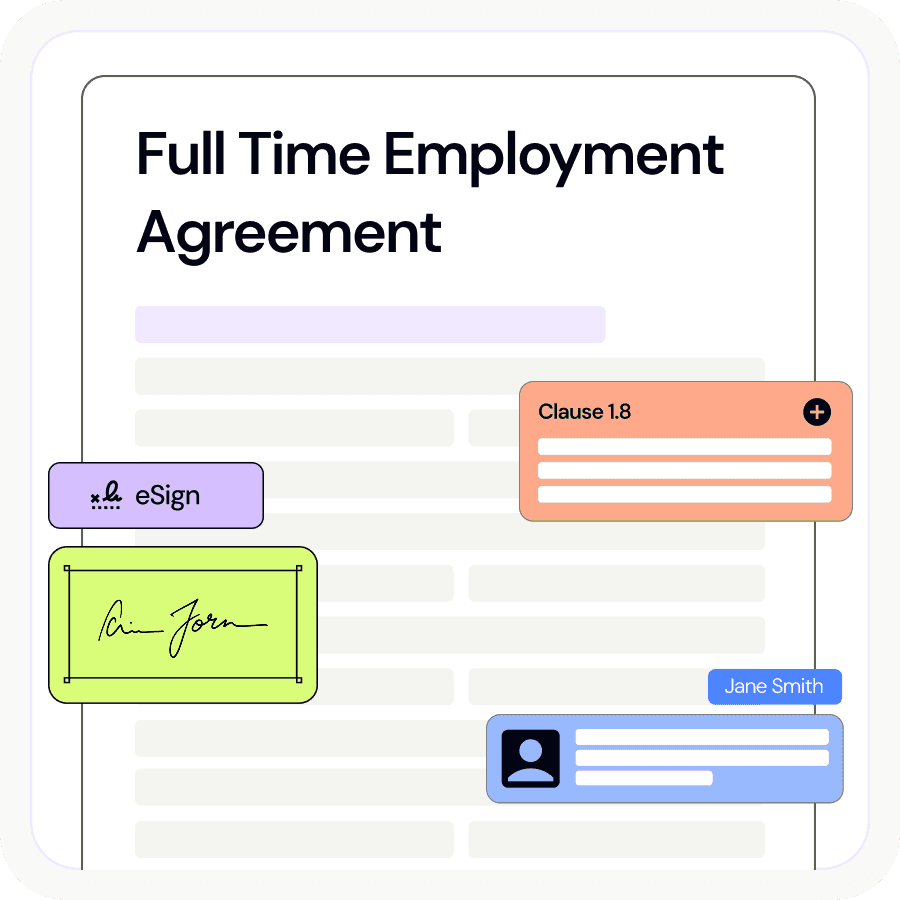Your employees are an important component of your business. Keeping them happy and tending to their needs is tantamount to the enduring success of your business. There is no doubt that maintaining a harmonious work place with your staff should be a priority. Accordingly, making sure you meet the worker entitlement requirements is something to be very mindful of. Not only is this important from a reputational point of view, but also from a legal standpoint. One of these requirements pertains to staff sick leave. Whilst each situation can vary depending on the circumstances, the general rule is that employers must pay their full-time and part-time contracted staff sick leave.
It would be illegal to ignore these obligations. It is standard under Australian fair work laws that full-time employees start must have a minimum paid sick leave of up to 10 days. However, as mentioned, other factors can contribute to the precise amount of sick leave employees are entitled to. We have listed some of these factors for you below.
Employee entitlements
Each situation can be different, but employee entitlements will depend largely on the following factors:
- employee’s age
- the state they are in
- the industry
- employee qualifications
- work duties and responsibilities
- award type
- type of employment
Type of employment
These employee entitlements will also depend largely on the type of employment. There are differences between full time, part-time, and casual employment in respect of sick leave. As mentioned, full-time employees are entitled to up to 10 paid annual sick days. Part-time employees can also be entitled to some annual paid staff sick leave. There is no cut and dried rule for part-time employees. How many hours they work will determine the paid sick leave they accrue. It usually starts accruing each year from the day the employee first starts working. It can also carry over into the next year in particular instances. Other times when paid staff sick leave can accumulate can be:
- paid leave such as paid annual leave and paid sick and carer’s leave
- community service leave including jury duty
- long service leave
The Australian Fair Work Ombudsman website contains some additional information on these differences. Conversely, casual employees are usually no entitled to paid sick leave, but may nevertheless be entitled to certain things depending on the specific agreement.
Employment agreement
So long as the main employment entitlements are satisfied under fair work laws, any additional conditions for employees will likely be outlined in an employment agreement. As each situation is different, it is important to assess these needs on a case by case basis. Some employment agreements might offer up greater allowances for sick leave than other standard models. Therefore, it is important to ensure that all parties are aware of what is stipulated in the agreement. It might be worth consulting with a contract lawyer throughout this process.
Breaches of fair work laws
In the event that you do breach requirements under fair work laws, there can be consequences for you and your business. Mistakes can happen. As such, it is best practice to keep an open dialogue with your employees should any problems arise. A failure to adhere to any legal obligations could result in proceedings before the Fair Work Commission. However, this is generally a last resort. Fixing the problems when they emerge is the best way to steer away from fair work tribunals.
Evidently, making sure your follow employee entitlement requirements is essential. Staff sick leave is no exception. Legal consequences aside, maintaining a good working relationship with your employees is key to success in your business. Establishing a productive and harmonious workplace environment is an essential part of this. If you are unsure about your situation and need to seek clarification on any of the foregoing issues, it may be worthwhile consulting an employment lawyer for advice.







